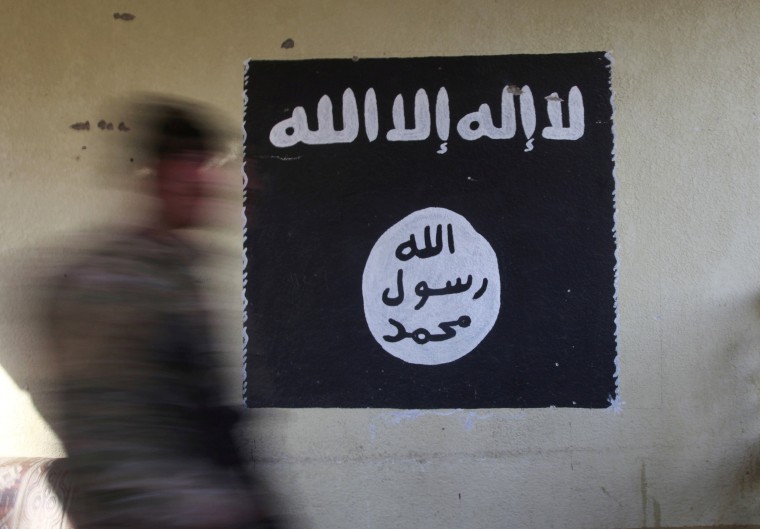Terrorist attacks and deaths were on the decline worldwide for the second year in a row in 2016, according to a report issued by the U.S. State Department on Wednesday.
However, ISIS was the largest perpetrator of attacks in the world last year, the report added.
The Country Reports on Terrorism is a congressionally mandated analysis released annually by the State Department.
The newest report shows that year-over-year terror attacks were down nine 9 percent and deaths caused by terrorist attacks decreased 13 percent.
The cause for the overall decrease stems from fewer attacks being carried out in Afghanistan, Syria, Nigeria, Pakistan and Yemen, although an uptick was noted in some countries including Iraq, Somalia and Turkey.

Still, the majority of attacks — 55 percent — took place in Iraq, Afghanistan, India, Pakistan and the Philippines, and 75 percent of the deaths took place in Iraq, Afghanistan, Syria, Nigeria and Pakistan.
As the Islamic State continued carrying out attacks in countries like Syria and Iraq, their grip on territory in the region began to slip at the beginning of 2016. The terrorist organization was driven out of nearly a quarter of the territory it once held, according to the report.
ISIS also carried out attacks beyond its territorial strongholds as a key part of its terrorist campaign last year, it added.
Iran was deemed the foremost state sponsor of terrorism in 2016, according to the report, because of destabilization via proxies such as terrorist group Hezbollah. This does not relate to terrorist attacks like those carried out by groups like ISIS.
For example, Iran supported Iraqi Shia terrorist groups in an effort to fight ISIS in Iraq and bolster the Assad regime in Syria, while also continuing its robust cyberterrorism program, which waged attacks against foreign governments and private entities, the report said.
Although it was listed as a state sponsor of terrorism, Sudan did not report any terrorist attacks in 2016, and there was no indication that the Sudanese government tolerated or assisted any terrorist organizations within its borders in 2016.
Related: Questions Surround Foreign Teen Found After ISIS Defeat in Mosul
Among some of the terrorism safe havens listed in the State Department’s report, Libya was noted as having requested international assistance in destroying the country’s chemical weapons.
The nation was in possession of approximately 500 metric tons of chemical weapons precursors and asked for help out of fear that the chemicals could be possessed by terrorists operating less than 40 miles away.
“In total, nine countries and the Organization for the Prohibition of Chemical Weapons contributed to the removal and destruction effort,” the report states.
Noteworthy in their efforts to eradicate terrorism were Qatar and Saudi Arabia, according to the report.
Terrorist activity has been historically low in Qatar because of the country’s restrictive immigration policies and security services that have disrupted organizations. Qatar was in support of the Saudi Arabia-led Islamic Alliance to Combat Terrorism through agreeing to participate in regional training exercises with alliance members, according to the report.
Related: Saudi Arabia Accuses Qatar of Backing Terrorism, Cuts Ties
However, last month, Saudi Arabia — in alliance with Bahrain, Egypt, and the United Arab Emirates — announced it was cutting ties with Qatar over allegations that the nation was "embrac[ing] various terrorist and sectarian groups aimed at destabilizing the region" including the Muslim Brotherhood, al-Qaeda and ISIS, among others.
Qatar has denied it funds extremist groups, despite remaining a key financial patron of the Hamas-controlled Gaza Strip, according to The Associated Press.
The rift put the United States in an awkward position, as Qatar is home to a U.S. air base and Saudi Arabia has been a U.S. partner in counterterrorism.
Saudi Arabia has disrupted terrorist activities within its borders, arresting and prosecuting suspects while maintaining the strong counter-terrorism relationship with the United States, according to the report.
Last year, the Saudi government arrested nearly 1,400 people accused of terrorism.
